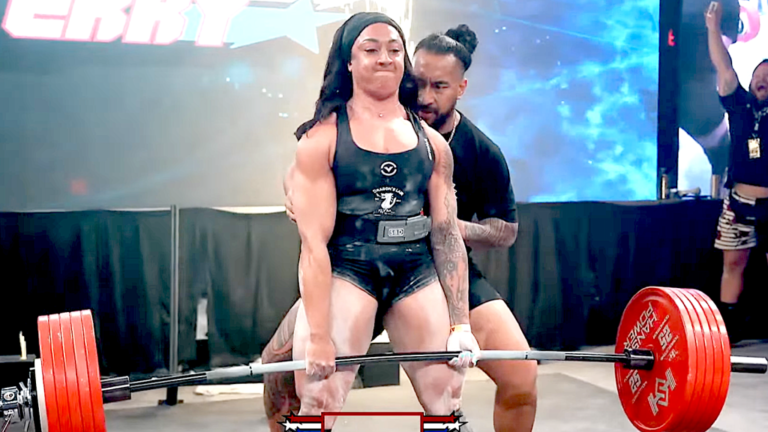How Much Time Should You Dedicate to Daily Exercise?
Daily physical activity is crucial for overall health and well-being. From increasing energy levels to boosting physical health and mental well-being, it’s important to prioritize regular exercise. However, determining how much time to dedicate to your workouts can be a complex question. There isn’t a one-size-fits-all answer as it depends on several factors such as your current fitness level, the type of workout you’re doing, and your individual goals. Let’s explore the key considerations when deciding how much time to allocate for exercise.
Factors to Consider
There are several factors you should take into account when determining the ideal amount of exercise. These factors include:
- Your fitness goals and recommended duration for different types of exercises: Are you aiming to lose weight, build muscle, or improve overall health? The recommended duration may vary depending on your goals and the specific exercises you are performing.
- Your current fitness level: If you are new to exercising, it’s important to start slowly and gradually increase intensity over time. Engaging in high-impact and vigorous activities without building up to them may lead to injury or burnout. For beginners, low-intensity workouts may require less time.
- The time you have available: Consider your schedule and lifestyle. You may only have a short window of time for exercise or multiple hours available each day.
Cardio and Aerobic Activities
How long should you spend on cardio and aerobic exercise? The recommended amount is 150 minutes per week or 30-minute sessions per day for moderate exercise, although this can vary depending on individual needs. Even a small amount of physical activity can be beneficial. When it comes to cardio and aerobic exercises, both the duration and intensity matter. To improve cardiovascular health, it is ideal to engage in moderate-intensity activities like walking, jogging, cycling, or swimming.
High-intensity interval training (HIIT) has gained popularity recently. HIIT involves alternating bursts of intense effort with periods of rest and recovery. These workouts typically last 10 to 20 minutes and have been found to be as effective as traditional aerobic exercise for cardiovascular health. However, the exercises within your HIIT routine should be tailored to your fitness level to avoid excessive strain compared to steady-state aerobic activities.
Strength Training
Strength and weight training help build muscle, increase strength, and improve overall health. The duration of strength training varies based on factors such as fitness level and goals. The number of sets and reps in your routine also influence the amount of time spent.
A 2020 study found that even a single set of 6 to 12 reps can be effective in improving strength. However, performing multiple sets can lead to even greater improvements. To maximize efficiency, choose exercises that target multiple muscle groups simultaneously, such as push-ups, squats, planks, lunges, and deadlifts. Aim for 8 to 12 reps per set with rest periods of no more than 60 seconds between each set. The duration of strength training workouts can vary based on experience and specific routines.
Personalized Approach
In the end, the amount of time you dedicate to exercise each day is highly individual. It’s important to find what works best for you and aligns with your goals. Seek a supportive fitness community like Chuze Fitness, where you can find motivation from personal trainers, join fitness classes, and get assistance in reaching your goals. Remember, consistency is key in maintaining a healthy and active lifestyle.







